Kirsten Gillibrand Unveils A Public Option For Banking
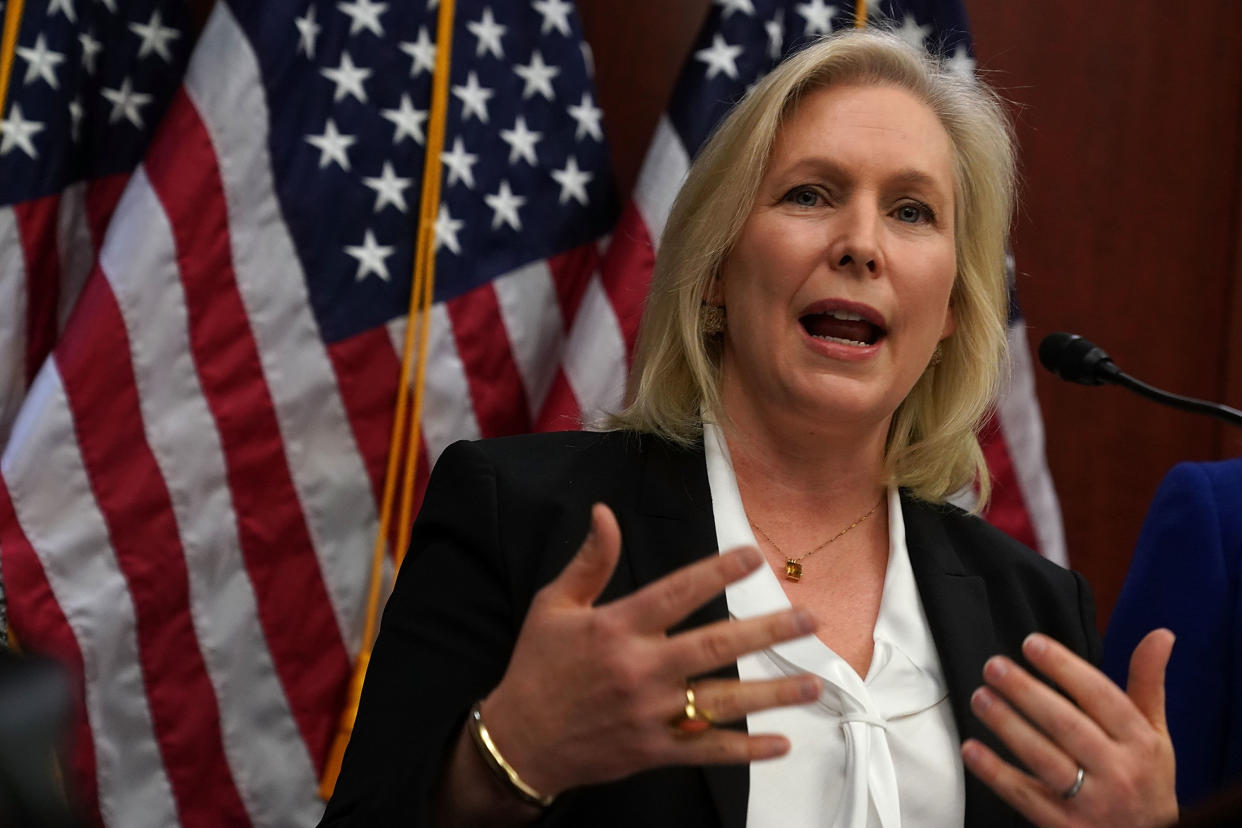
Sen. Kirsten Gillibrand (D-N.Y.) is introducing legislation Wednesday that would require every U.S. post office to provide basic banking services, an ambitious step aimed at improving the lives of Americans with limited financial resources.
The bill brings to Congress for the first time a policy idea that has already won the support of liberal economists and anti-poverty activists: Turning the nation’s sprawling network of U.S. Postal Service facilities into places where working-class and low-income Americans who lack adequate access to commercial banking can obtain low-cost, short-term loans. Sens. Elizabeth Warren (D-Mass.) and Bernie Sanders (I-Vt.) have both spoken out in favor of postal banking, but Gillibrand is the first to introduce legislation mandating it.
The central goal of the bill is to replace risky financial products like payday loans, which can trap borrowers in prolonged cycles of debt, with regulated alternatives.
“This is a solution to take on payday lenders, to take on the problems that the unbanked have all across the country. It’s a solution whose time has come,” Gillibrand said in an interview with HuffPost.
To hear Gillibrand and other postal banking proponents tell it, the Postal Service and underbanked Americans are the perfect complements.
The postal system’s 30,000 locations touch every community. A majority ― 59 percent ― are in so-called banking deserts, or zip codes that have either no bank branches or just one.
Launching a postal banking system would require startup funding that could either be obtained through a loan from the treasury or a congressional appropriation. Gillibrand’s staff plans to seek an estimate of the cost from the Congressional Budget Office.
A postal banking system could be a major boon to the financially strained Postal Service. If even 10 percent of the money Americans currently spend on interest and fees for risky financial products went toward postal banking loans that cost 90 percent less, the Postal Service would gain almost $9 billion in annual revenue, according to a 2014 study conducted by the Postal Service Inspector General.
“It is really an elegant solution,” said Gillibrand, who emphasized that benefits to the postal system, though significant, were a secondary consideration. “You have a system that already works. And you have the ability to let the unbanked have banking in a way that’s affordable.”
Under Gillibrand’s proposal, Americans could cash paychecks and deposit money in accounts free of charge at each post office location. Deposits would be capped at the larger of two amounts ― $20,000, or the median balance in all American bank accounts.
The postal banks would be able to distribute loans to borrowers of up to $1,000 at an interest rate slightly higher than the yield on one-month Treasury bonds, currently about 2 percent.
A postal banking system would be an alternative to the for-profit payday lending system, in which people routinely pay triple-digit fees to borrow money for bills that come due before their next paycheck. The average payday loan of $375 typically costs a borrower an additional $520 in interest and fees, according to Pew Charitable Trusts.
These costs are disproportionately shouldered by the most vulnerable people in the economy: Lower-earning workers who can’t afford fees that commercial banks levy if an account balance falls too low, or simply live in an area that lacks a traditional banking option. The lack of resources typically precludes these Americans from qualifying for a credit card with a reasonable interest rate.
More than one-quarter of Americans households (34 million homes) are either “unbanked” ― meaning they lack someone with a bank account altogether ― or “underbanked” ― relying on payday loans or other so-called alternative lenders to supplement the services of a traditional bank.
Their predicament shows how expensive it is to be poor in America. The average underbanked household has an annual income of $25,500, and spends nearly 10 percent on alternative financial products and associated fees, according to a 2011 KPMG study.
Due in no small part to racial wealth and income gaps, black and Latino households are more likely to be both unbanked and underbanked. The unbanked rate among black households is 18.2 percent, compared with 7 percent for the population as a whole.
“There is a huge racial justice issue,” Gillibrand said. “The average person who gets a payday loan is a 44-year-old African American single mom. It overwhelmingly affects communities of color.”

Postal banking is not a new idea. In fact, United States post offices provided savings and deposit services for Americans from 1911 to 1967, though it did not provide lending. The postal systems of a host of developed nations provide some basic banking services.
Mehrsa Baradaran, a national authority on postal banking and author of How The Other Half Banks, advised Gillibrand on the legislation.
“It’s the most important thing that we can be doing to make people’s lives easier that is basically cost-free to the taxpayer,” said Baradaran, a professor at the University of Georgia School of Law.
The U.S. Postal Service, as a self-funded federal agency, already has the legal authority to expand its sources of revenue without additional action from Congress.
Gillibrand legislation would add a congressional mandate to speed the process.
“They could do it themselves, but they haven’t chosen to do that in the last 40 years,” she said.
The timing of Gillibrand’s bill is deliberate. In January, Mick Mulvaney, the anti-regulatory ideologue now at the helm of the Consumer Financial Protection Bureau, shelved a new payday lending rule that had been imposed by his predecessor.
The payday lending industry has showered members of Congress with nearly $14 million in contributions since 2010, including $63,000 to Mulvaney, who left his House seat in 2017 to serve in the Trump White House. (Mulvaney told an audience of bankers on Tuesday that his willingness to speak to industry lobbyists depended on whether, and how much, they had donated to him.)
President Donald Trump this month ordered a review of Postal Service finances that some Democrats, including Gillibrand, fear could lay the groundwork for privatization of the system.
Gillibrand said she anticipates broad support for the legislation in the Senate Democratic Caucus.
“Literally the only person who is going to be against this is somebody who wants to protect payday lender profits,” she said.
Payday lenders’ main trade group, the Community Financial Services Association of America, did not explicitly object to the proposal, however.
“We welcome new entrants into the small dollar credit market provided they will be subject to the same laws and regulations as other lenders in this space,” the group’s CEO, Dennis Shaul, said in a statement. “Greater market competition spurs innovation and drives down costs for consumers, but to date almost all of the attempts to create small-dollar loan alternatives have been charity-based, required government subsidies, or were unprofitable and unsustainable. The private sector remains the best opportunity for serving small dollar, short-term loans.”
Postal banking is the latest progressive policy to find a champion in the U.S. Senate, where rumored 2020 presidential hopefuls are expanding the bounds of the debate.
On Monday, Sen. Bernie Sanders (I-Vt.) announced plans to introduce legislation requiring the federal government to guarantee every American a job. Gillibrand has also voiced support for the idea.
Gillibrand in September was one of 16 Democratic senators to co-sponsor Sanders’ Medicare-for-all legislation creating a single, comprehensive government-run insurance plan for all Americans.
Asked why leading congressional Democrats have embraced sweeping economic reforms once considered marginal in Congress, Gillibrand said, “You need bold ideas to fix some of the structural challenges that we have in our economy today.
“You have so much income inequality,” she continued. “So if you are going to be tinkering around the edges and picking around the margins, you are literally never going to fix the problem.”
This article has been updated to include a statement from the Community Financial Services Association of America CEO.
Also on HuffPost
Love HuffPost? Become a founding member of HuffPost Plus today.
Taking Security Seriously
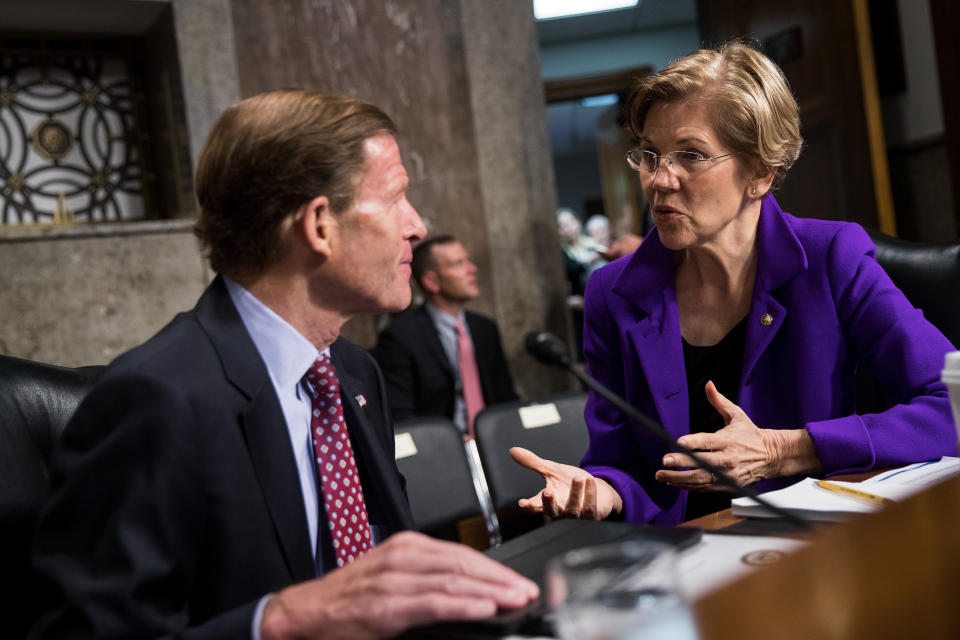
With Liberty And Justice...
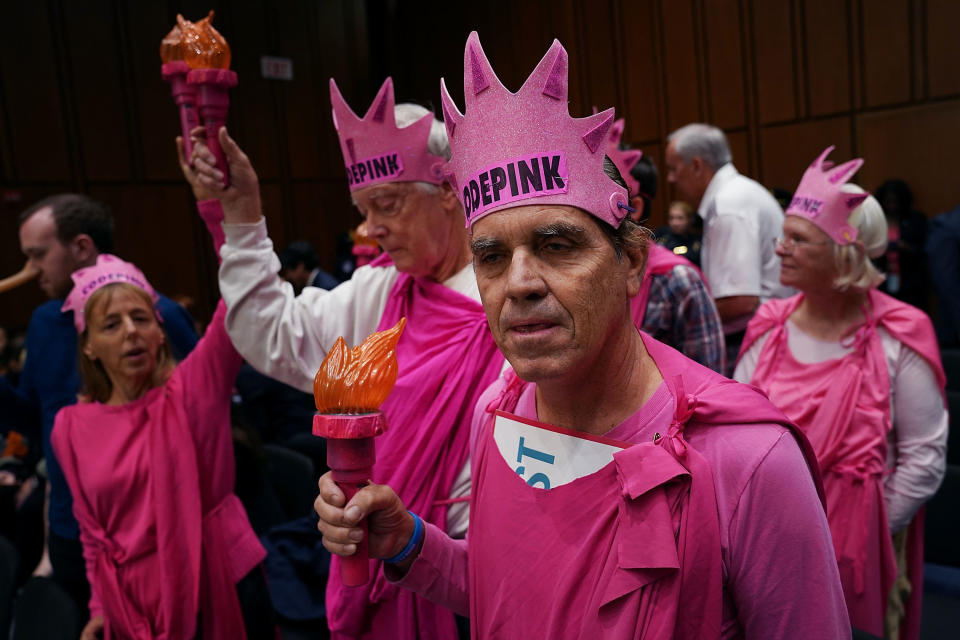
Whispers
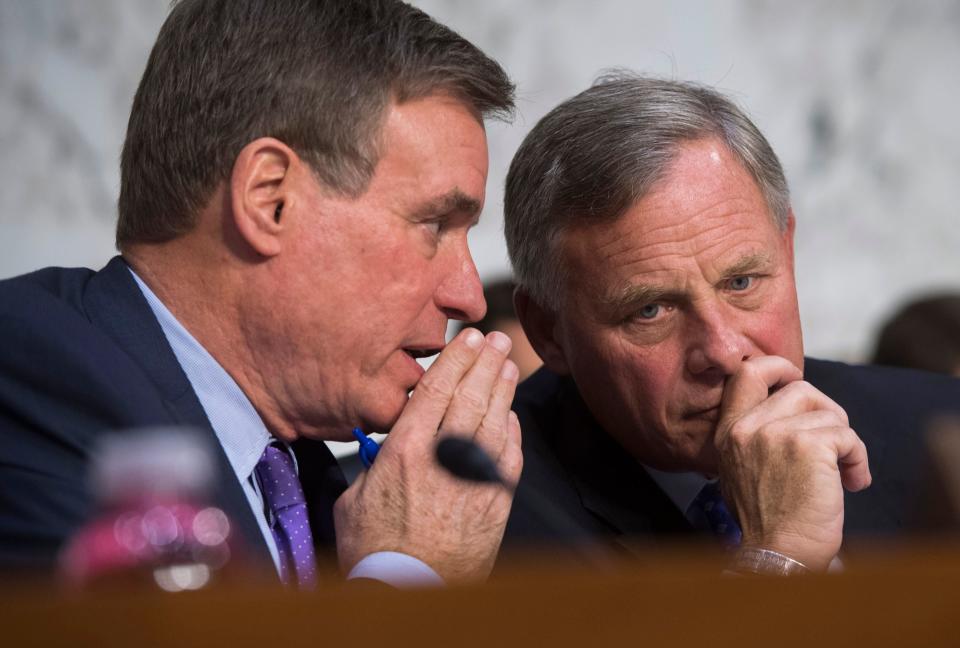
Not Throwing Away His Shot

Medicare For All
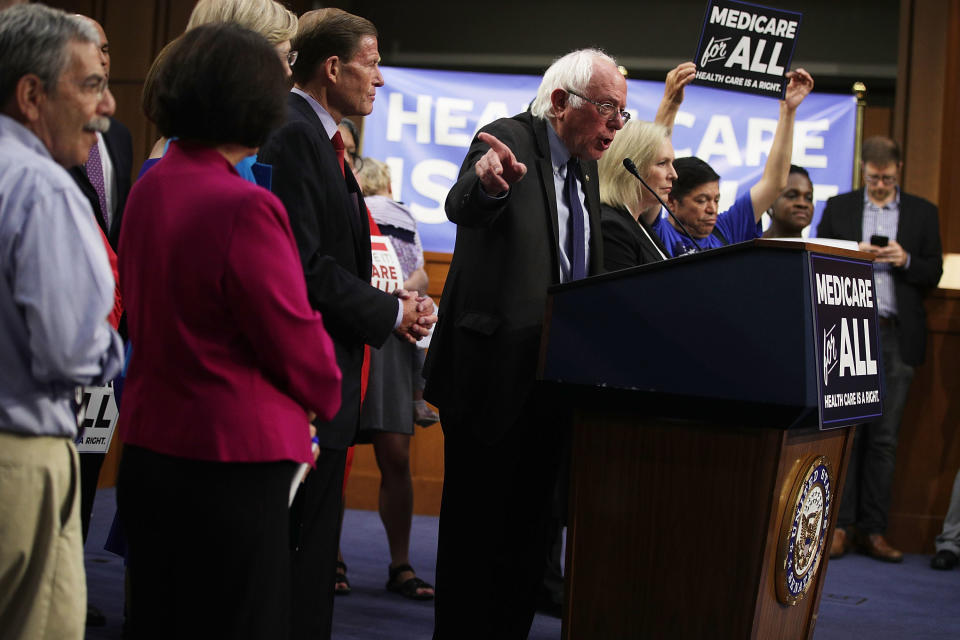
Bernie Bros
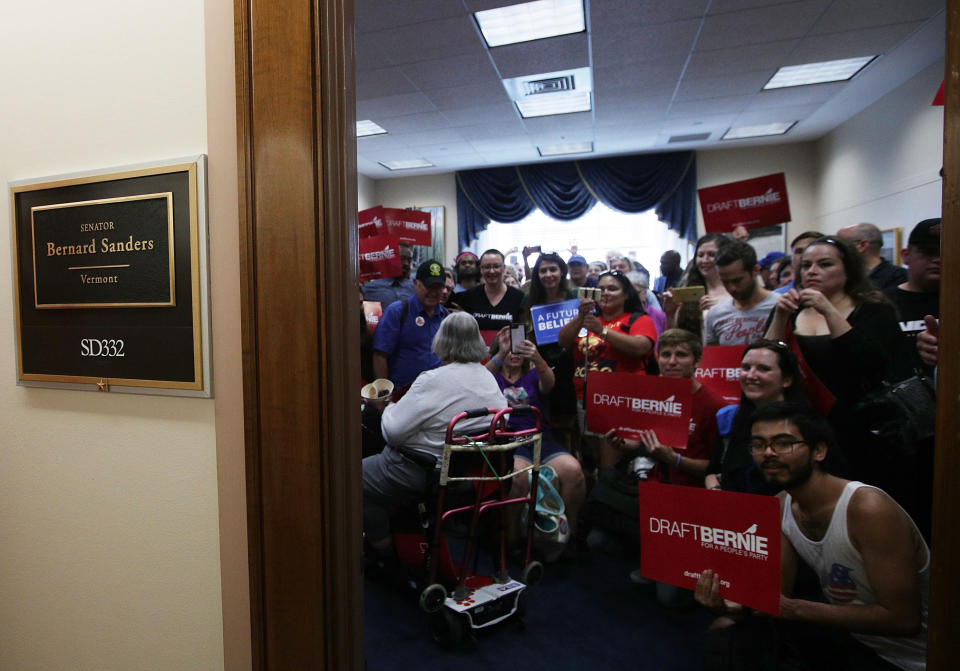
McCain Appearance
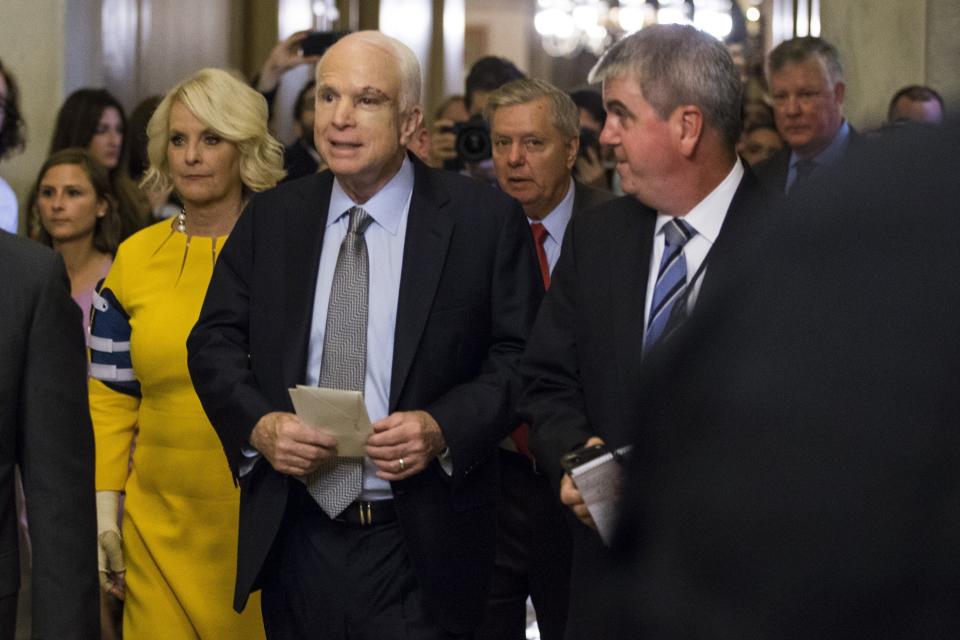
A Narrow Win
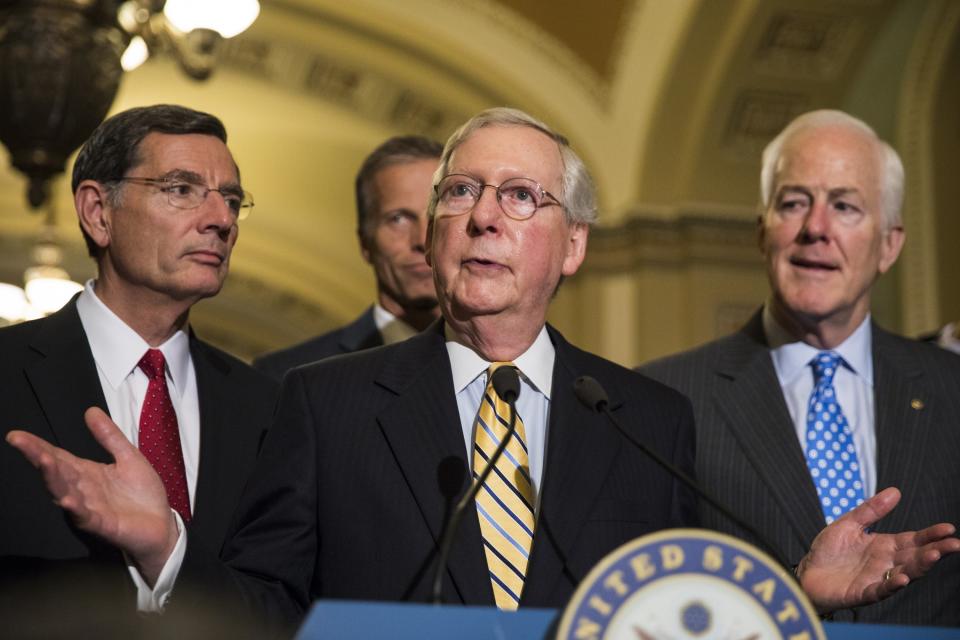
Kushner Questioning
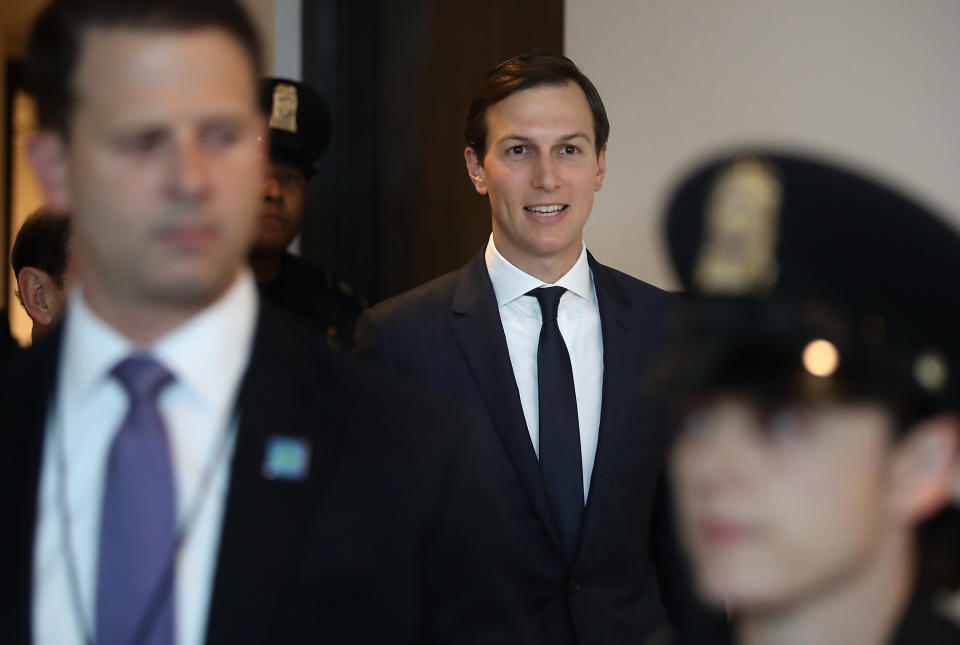
Hot Dogs On The Hill
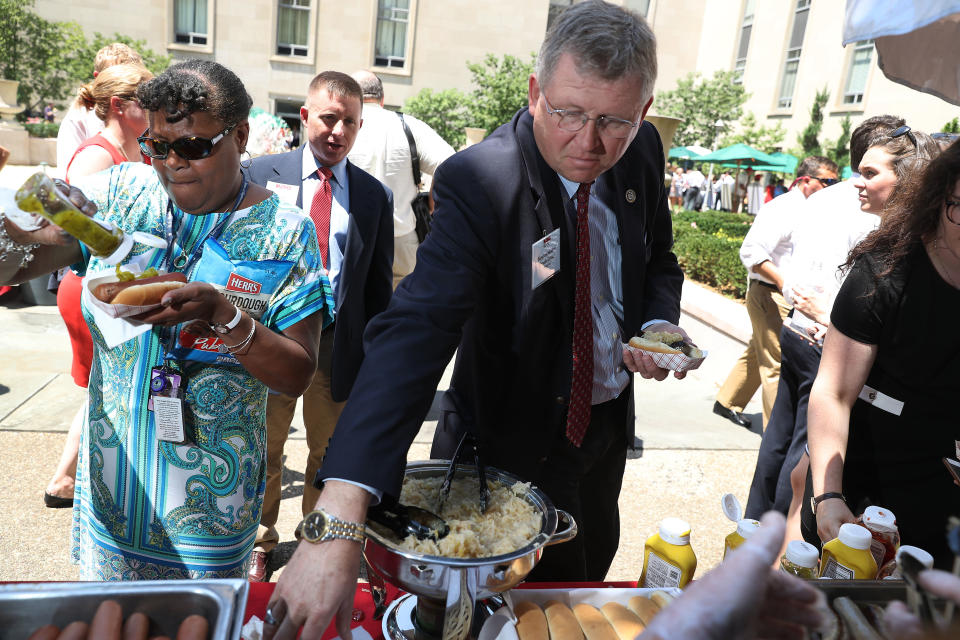
And Their Veggie Counterparts

Poised For Questions
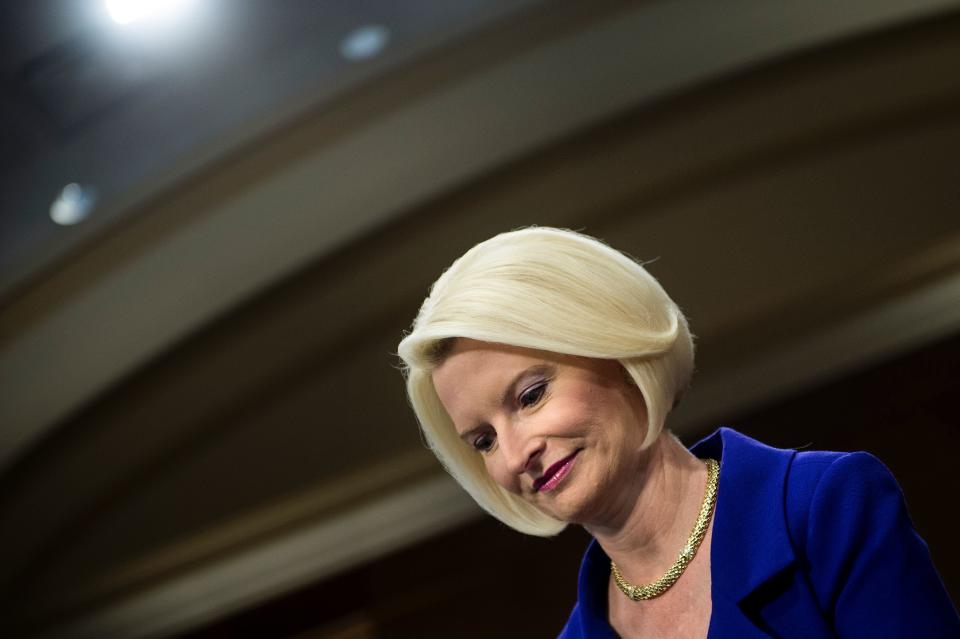
Speaking Up
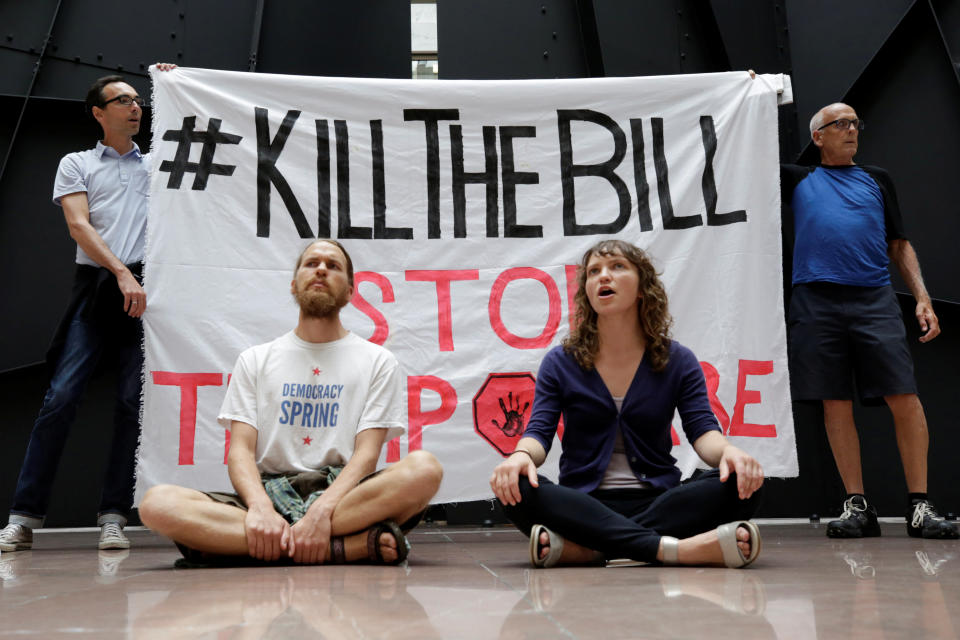
In The Fray

Anticipation
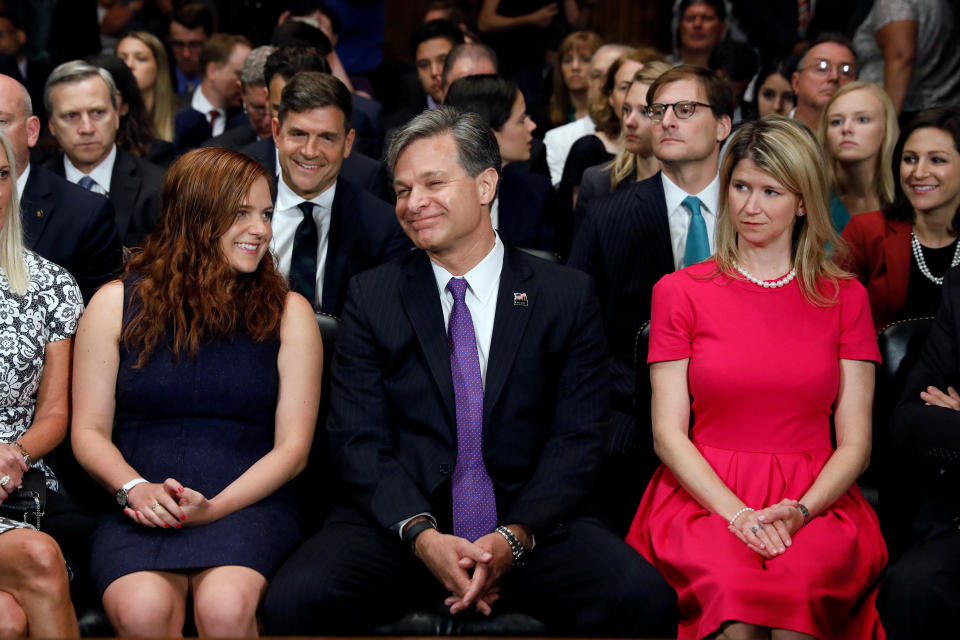
Up In Arms
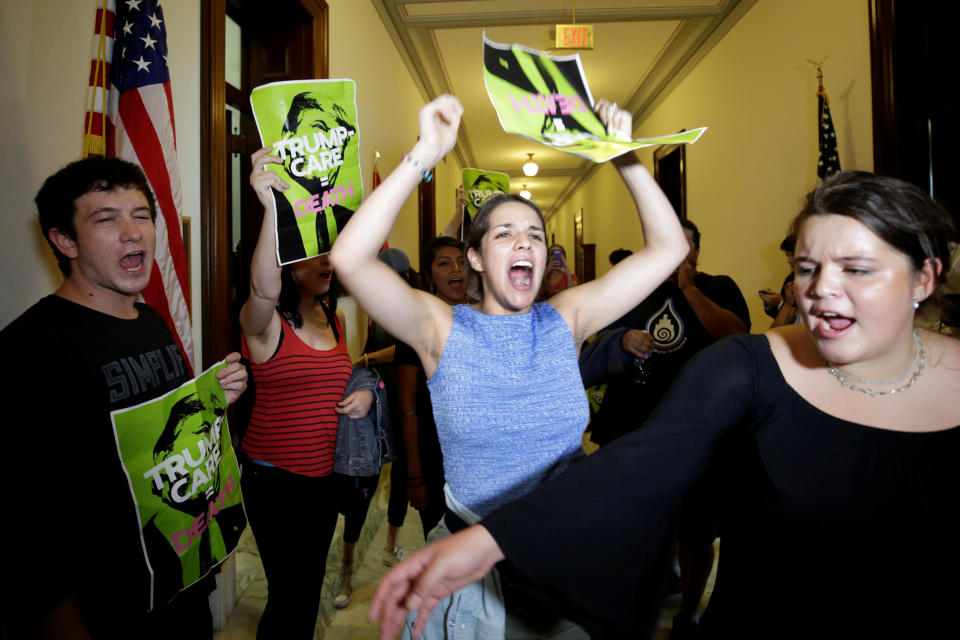
Across A Table
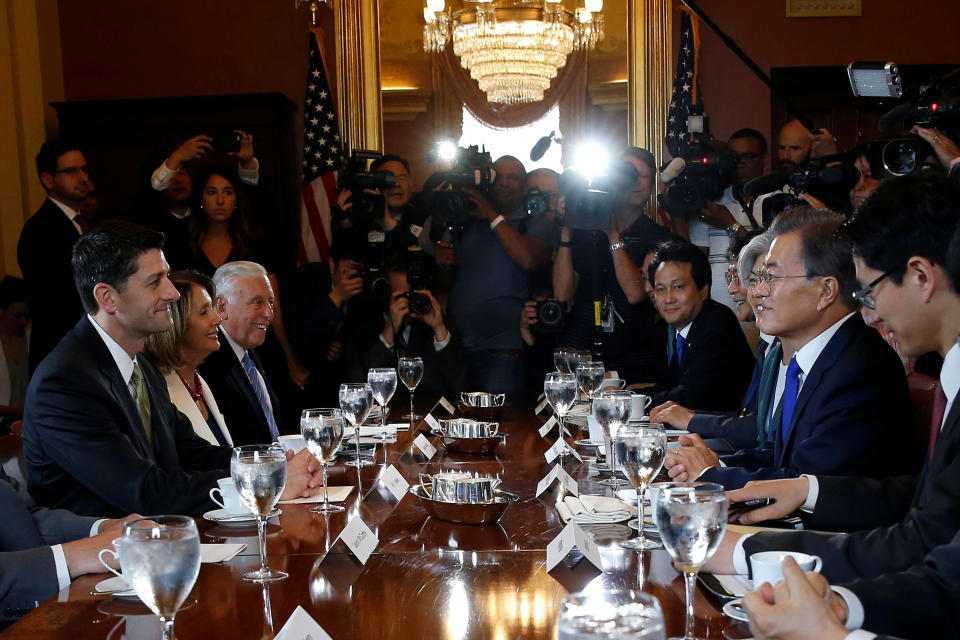
Somber Day
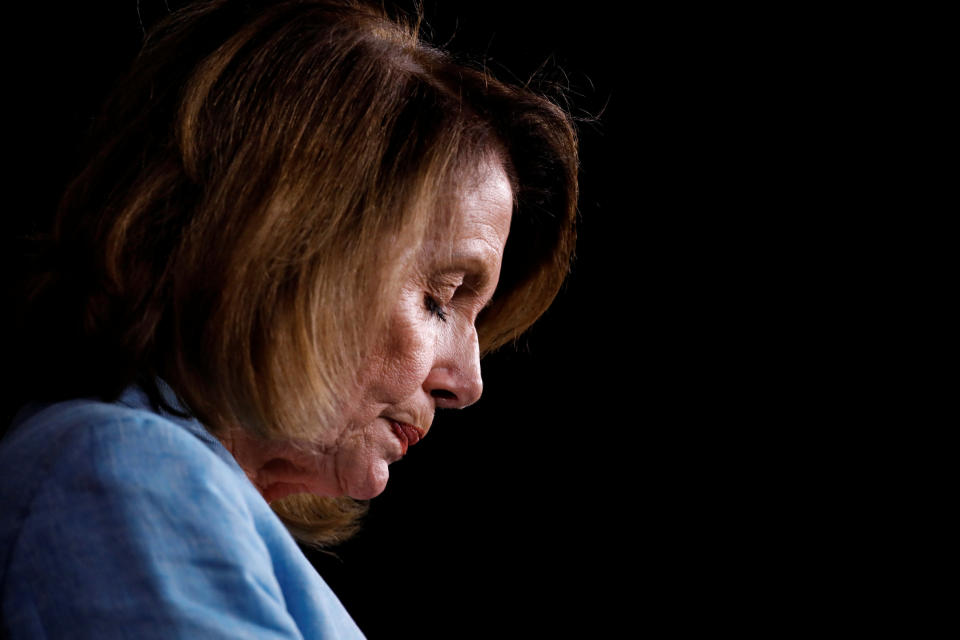
Family Matters

A Bipartisan Pause

Hats On
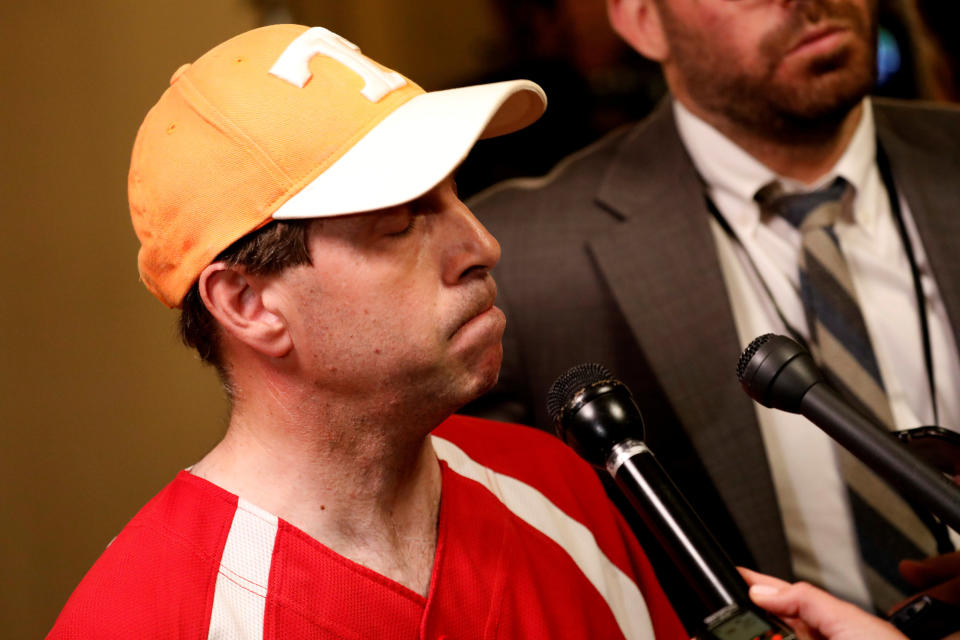
Public Testimony

Comey's Big Day
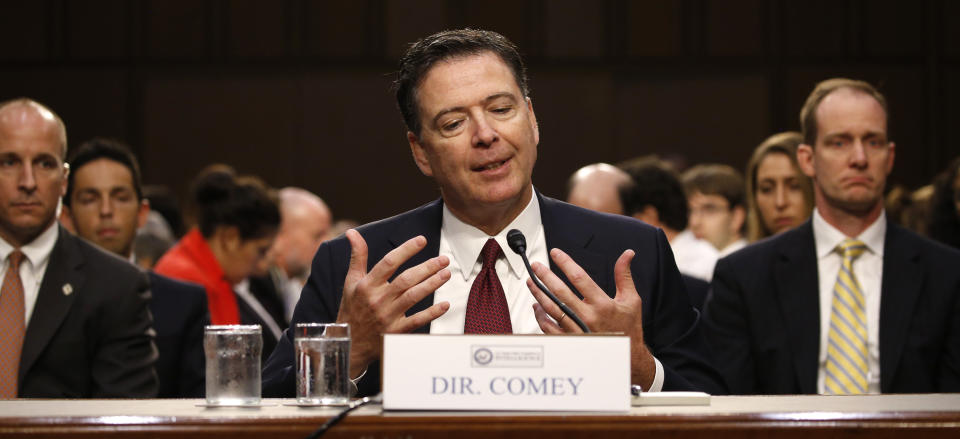
Conveying His Point
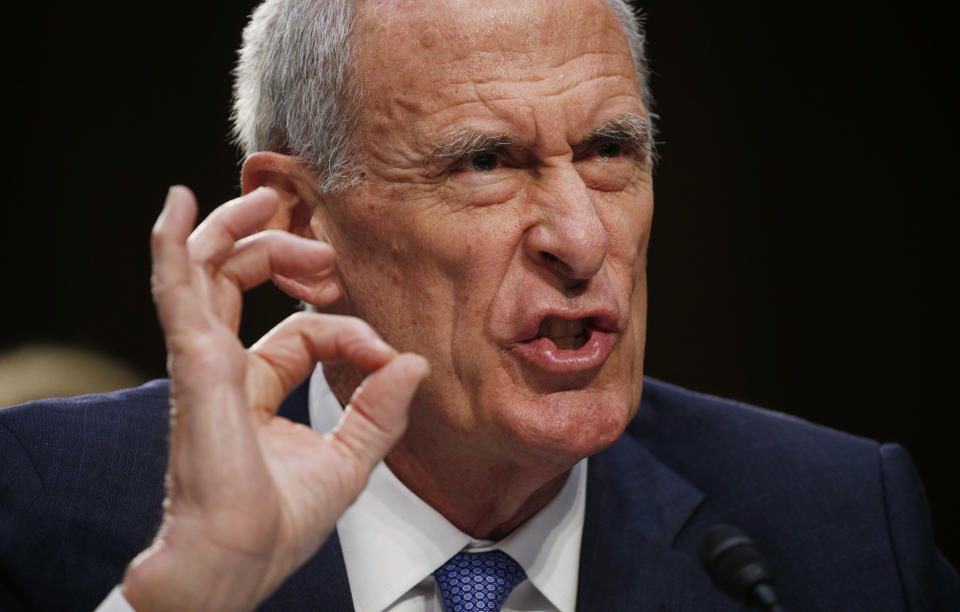
Selfie Time
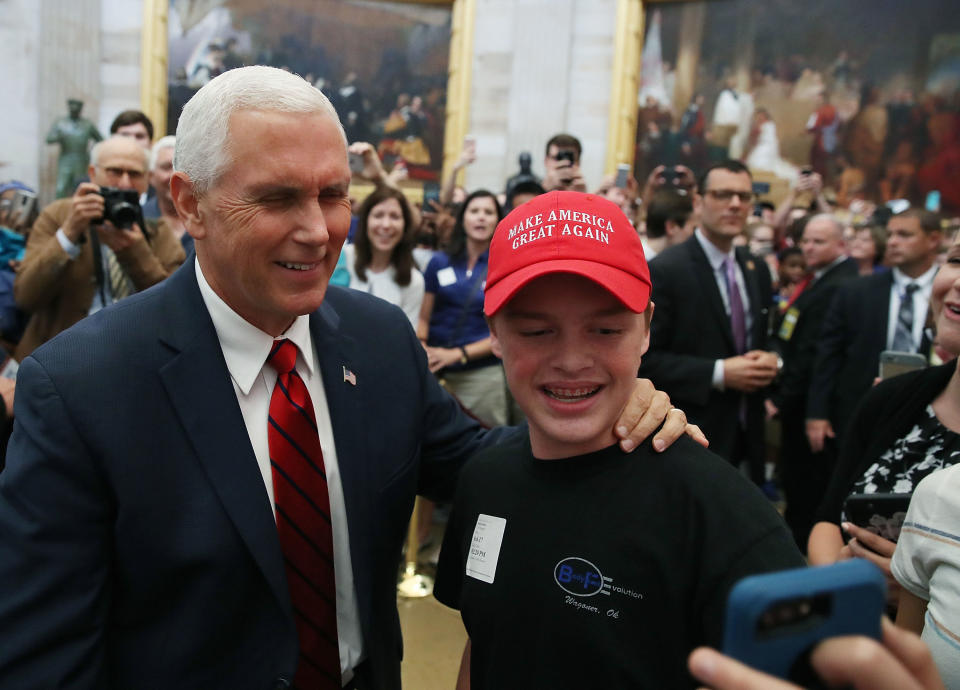
Budget Queries
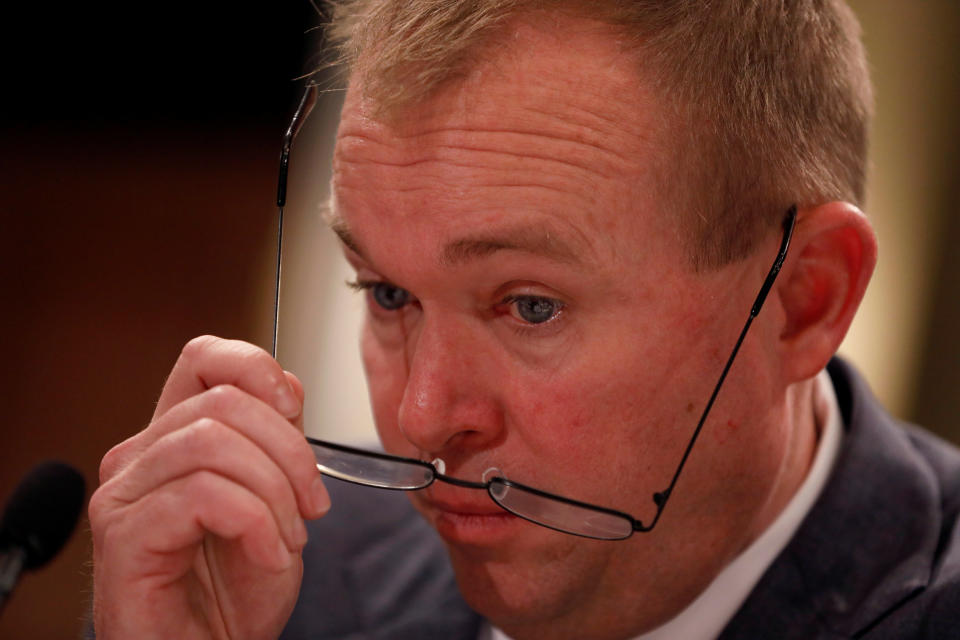
Flagged Down By Reporters
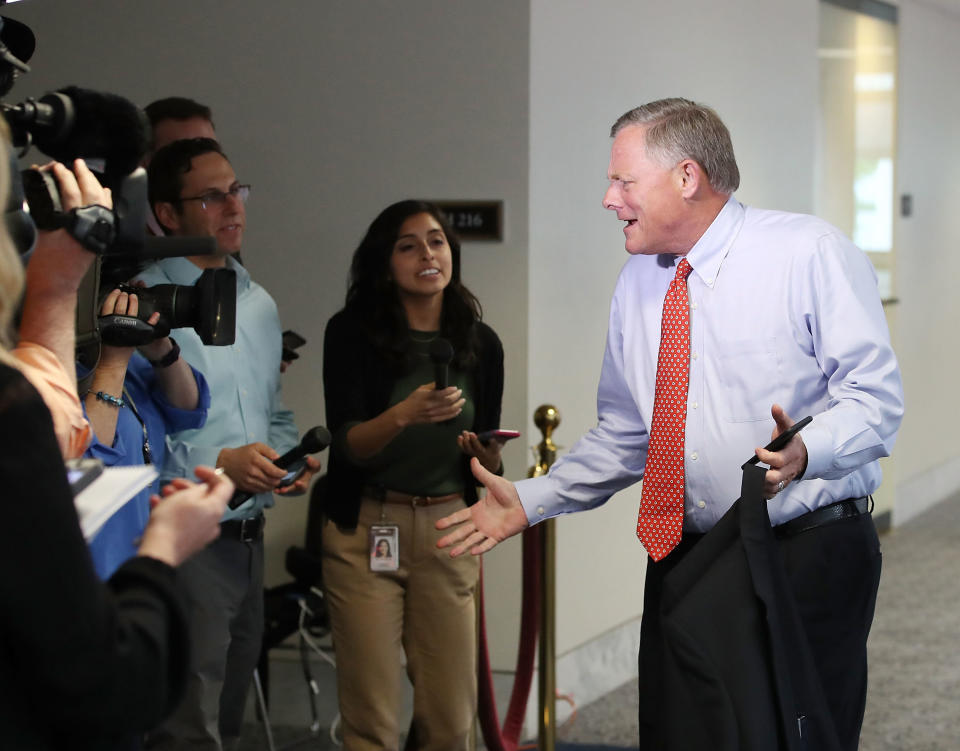
Shock And Awe
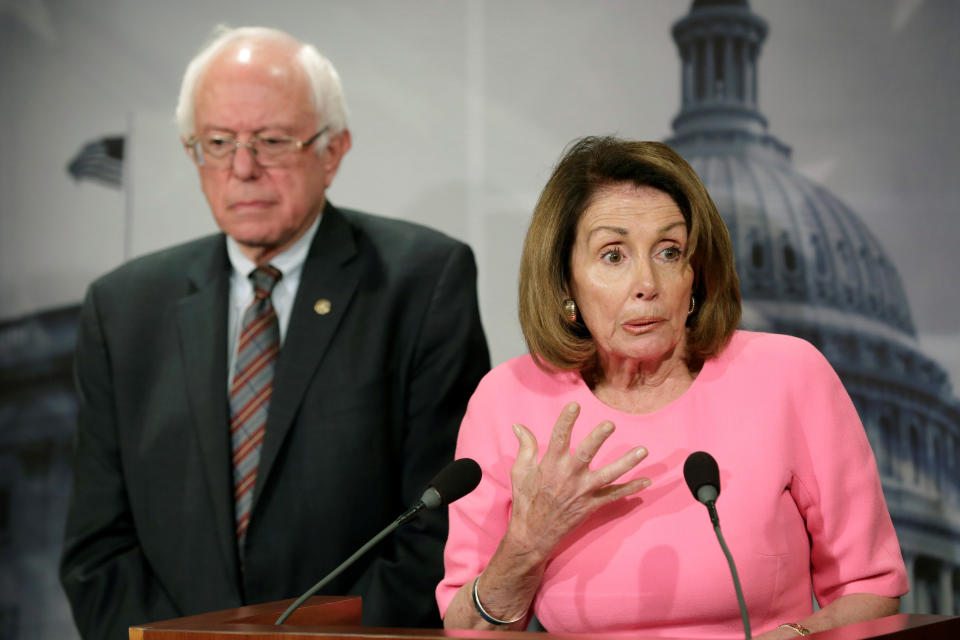
Seeing Double

Honoring Officers

Whispers

Skeptical
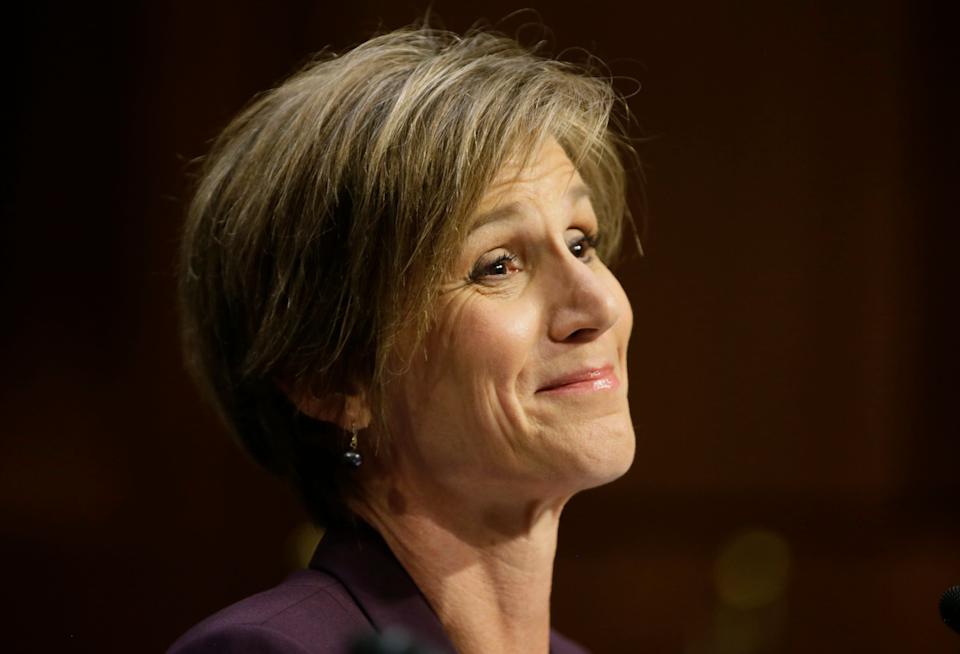
Differing Opinions
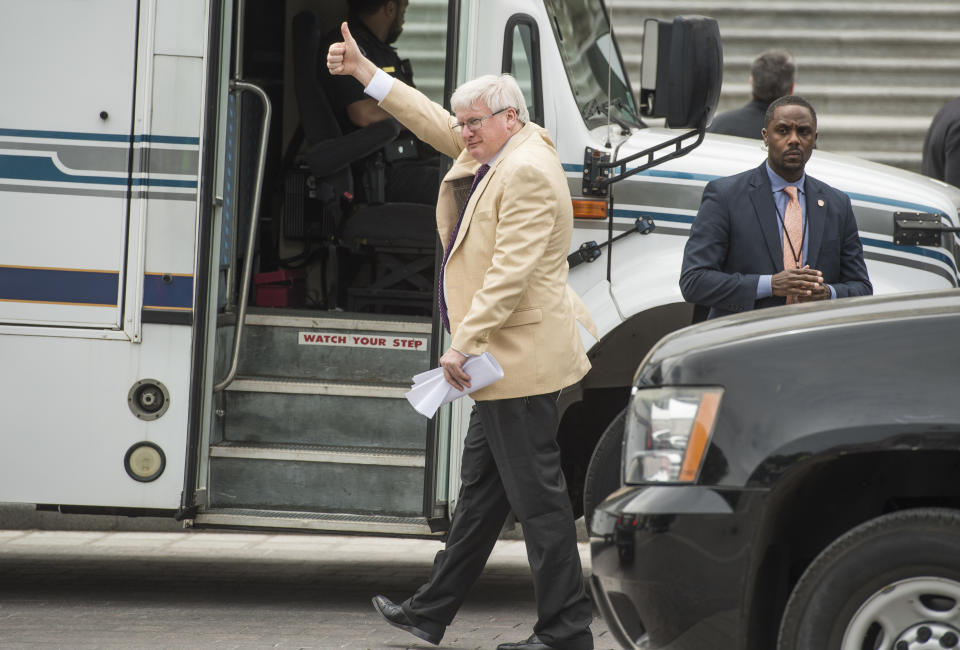
Real Talk
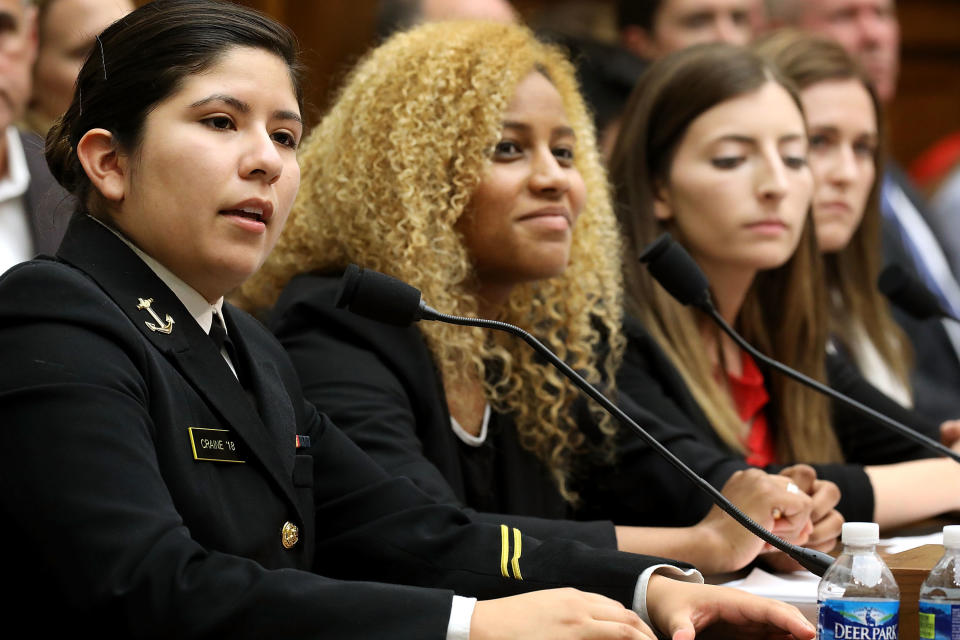
In Support Of Immigrants
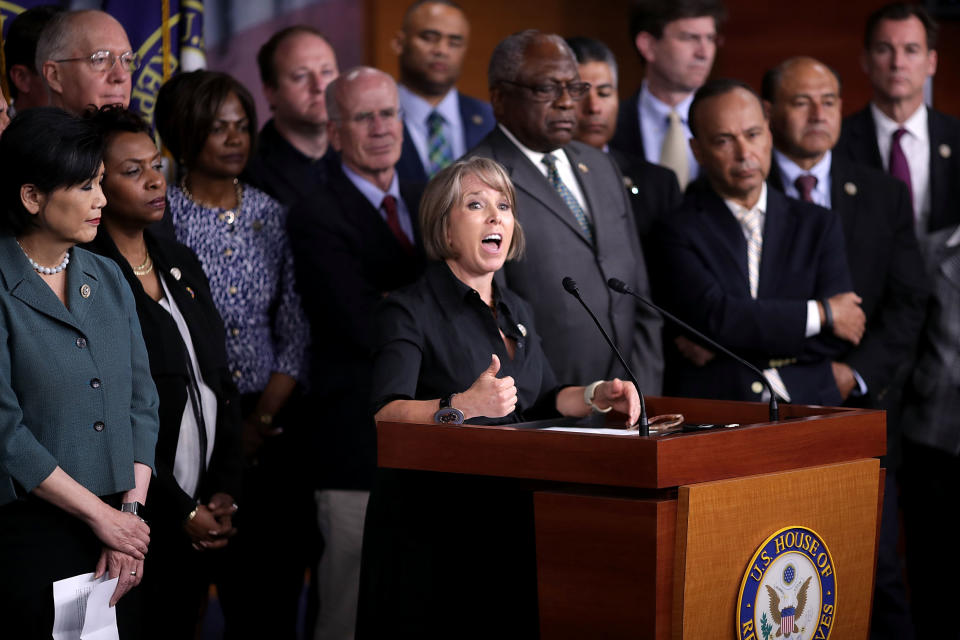
This article originally appeared on HuffPost.


